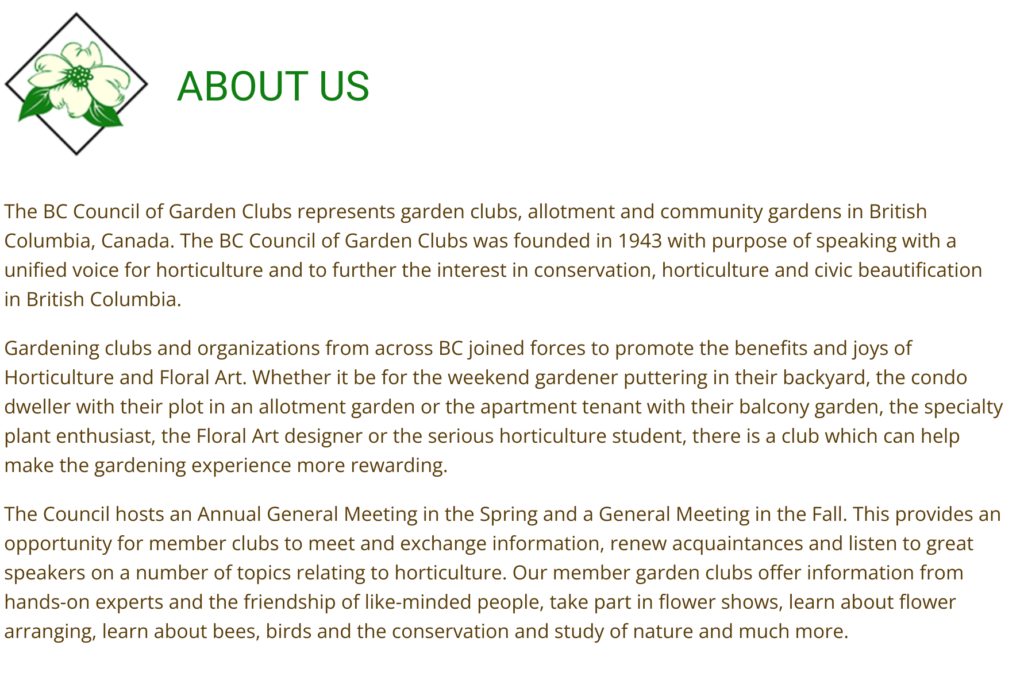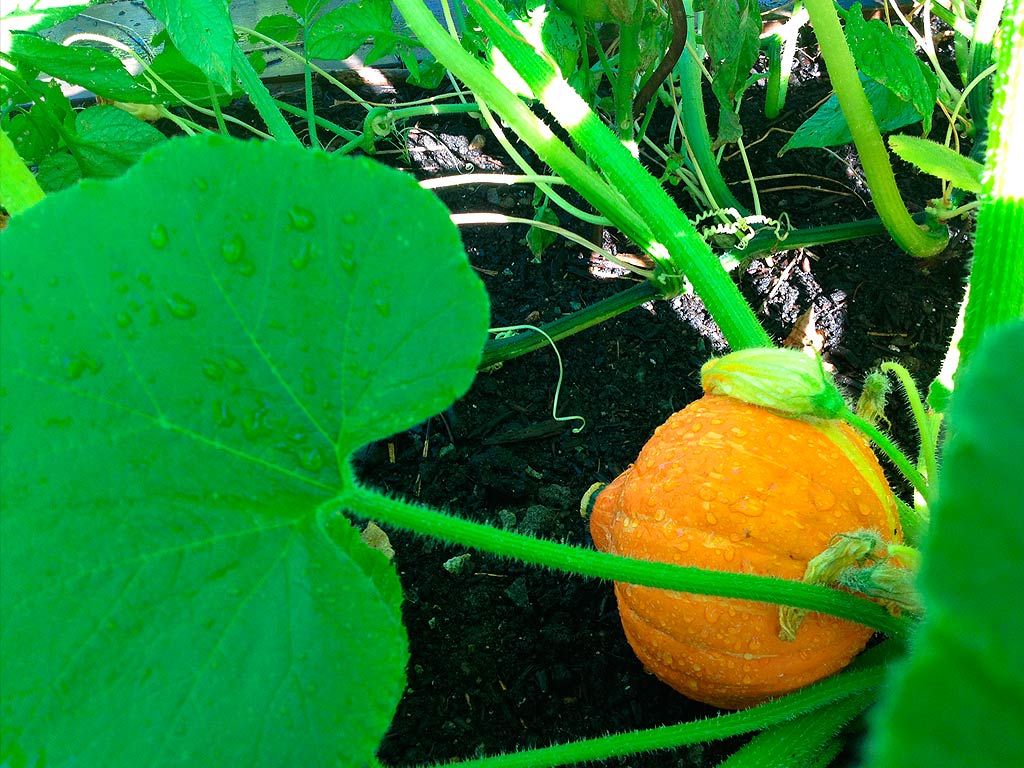BC COUNCIL OF GARDEN CLUBS
Registration Form for Fall General Meeting October 2022
Date: Saturday, October 1, 2022
10:00 AM – 3:00 PM
Place: Bonsor Recreation Complex, 6550 Bonsor Ave, Burnaby
Buffet lunch
It would be appreciated if each club would donate one item for the draw. Thank you!
Please register EARLY by mail before September 15, 2022
(Space will be limited)
Registration in advance is $40.00 per person – including lunch and refreshments
Late Registration – $45.00 payment at the door will be accepted
No refunds after September 15, 2022
Attendee substitutions are acceptable
No telephone registration will be accepted
(In order to promote your club, please bring your club logo (8” x 11”) for your table as well
as any club literature for the information table.)
Registration form can be found on the BCCGC website
If you are interested in receiving the BCCGC newsletter you can subscribe on their website



